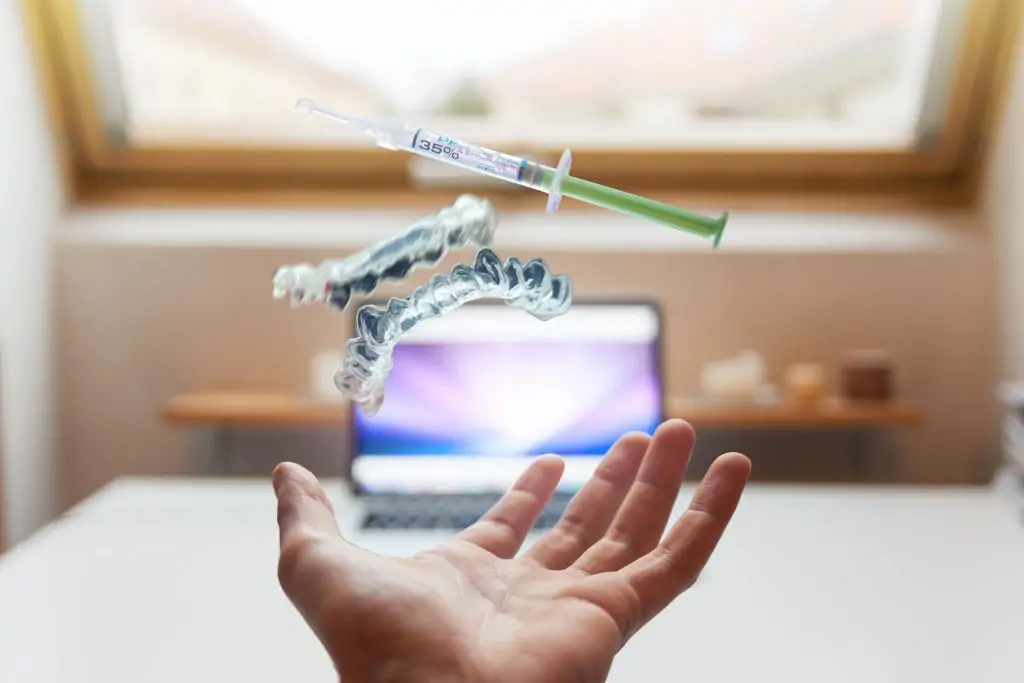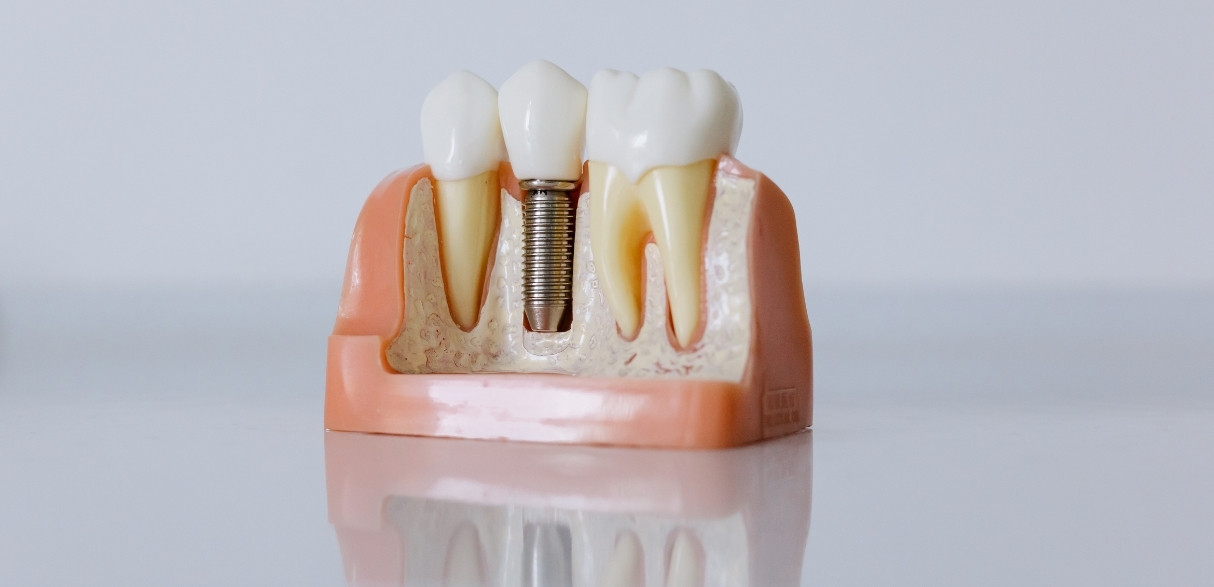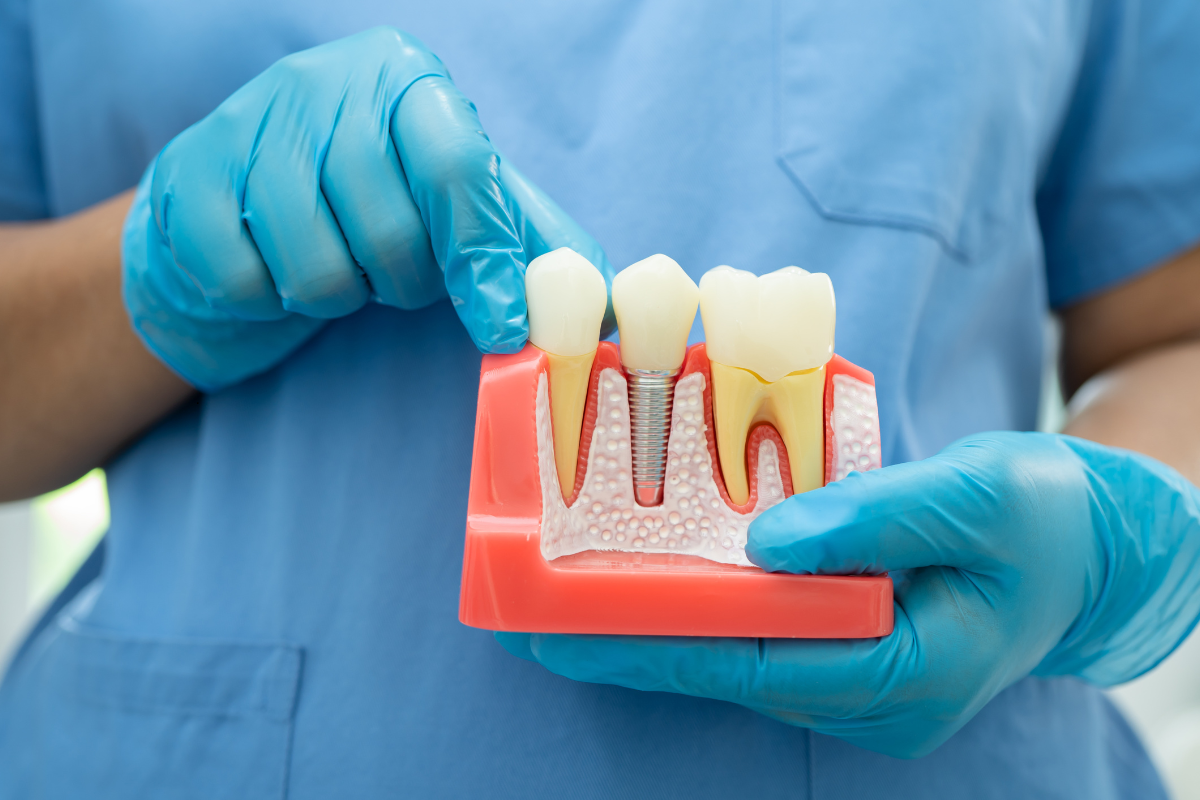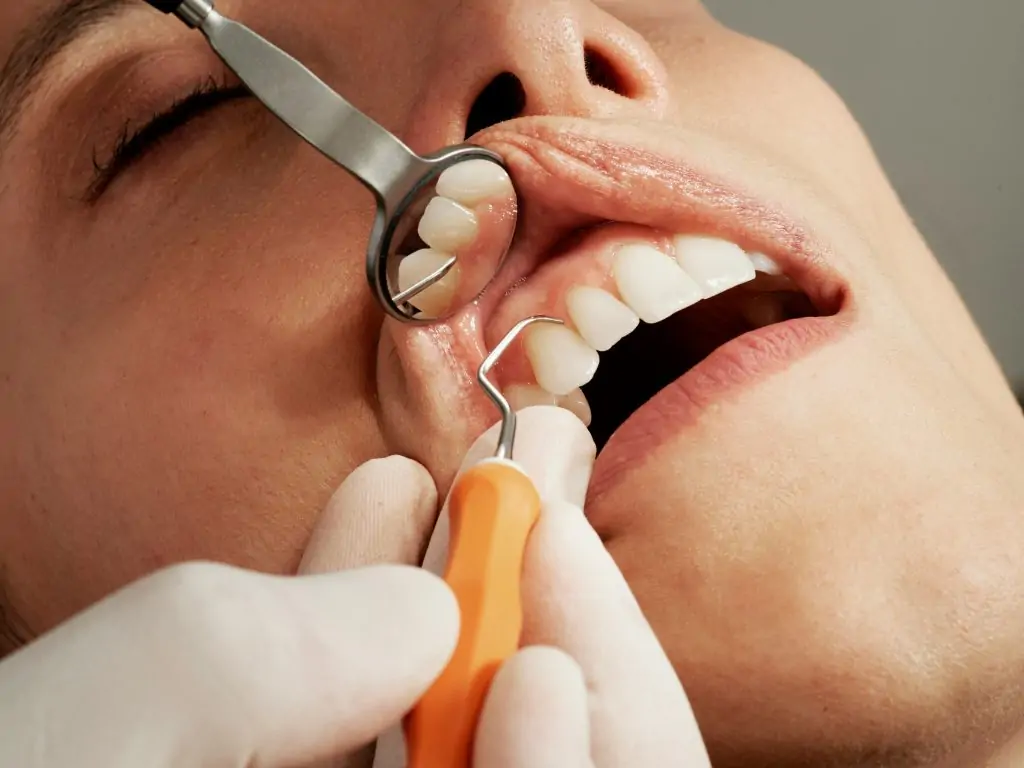
When replacing missing teeth, the residents of Edmonton face two prominent options: dental implants and dentures. Both options offer viable solutions to restore function and aesthetics, but making the right choice involves understanding the nuances of each. This article delves deep into comparing dental implants and dentures, providing Edmontonians with the information needed to make an informed decision that aligns with their health, lifestyle, and budget.
Understanding Dental Implants
Dental implants are a revolutionary solution for missing teeth, offering a permanent and sturdy base for replacement teeth. They are surgically inserted into the jawbone, fusing with the bone over time, providing a foundation as strong as natural teeth. This option is praised for its durability, comfort, and natural appearance.
Benefits of Dental Implants
Durability and Longevity
Dental implants are designed to be a durable and long-lasting solution. With proper care, they can last a lifetime. Unlike dentures or bridges, which may need to be replaced every 5 to 10 years, implants are a more permanent solution, potentially saving you time and money in the long run.
Natural Look and Feel
One of the most significant benefits of dental implants is their ability to mimic the look, feel, and function of natural teeth. The crown (the part of the implant that looks like a tooth) is custom-made to match your natural teeth in color and shape, providing a seamless addition to your smile. This natural feel extends to eating, speaking, and smiling, with implants providing the same strength and stability as natural teeth.
Improved Oral Health
Dental implants contribute positively to your overall oral health in several ways. Firstly, they do not require altering adjacent teeth, as a dental bridge does, preserving more of your natural tooth structure. Additionally, implants help prevent bone loss in the jaw by stimulating bone growth, a process known as osseointegration, where the implant fuses with the jawbone. This helps maintain the natural shape of your face and jaw.
Enhanced Comfort and Confidence
Because dental implants are anchored securely in your jawbone, they don’t have the discomfort or insecurity associated with dentures that may slip or move. This secure fit allows for improved comfort, especially when eating or speaking. The stability of dental implants can significantly enhance your confidence, knowing that your teeth will not shift or fall out in social situations.
Convenience and Ease of Care
Dental implants are like natural teeth, with regular brushing, flossing, and dental check-ups. There’s no need for additional adhesives or special cleaning tablets for dentures. This convenience simplifies your oral hygiene routine and helps promote better dental health.
Prevention of Bone Loss and Facial Sagging
When you lose teeth, you also lose bone mass in your jaw. Dental implants are the only dental restoration option stimulating bone growth and preventing loss. Maintaining bone mass not only supports facial structures but also prevents the sunken and aged appearance that can result from significant bone loss.
Considerations
- Surgical Procedure: The process requires surgery and a period of healing, which might not be suitable for everyone.
- Investment: Initially, implants can be more costly than dentures but are often more economical in the long run due to their durability.
Exploring Dentures
Dentures are a traditional and popular choice for many, offering a non-surgical solution to missing teeth. They come in full or partial sets, designed to replace several missing teeth or an entire row. Modern advancements have made dentures more comfortable and natural-looking than ever before.
Benefits of Dentures
Cost-Effectiveness
One of the most significant benefits of dentures is their affordability compared to other dental restoration options like dental implants. They provide a cost-effective solution for individuals looking to replace missing teeth without the higher initial investment required for implants. This makes dentures accessible to a broader range of patients.
Non-Invasive Procedure
Getting dentures typically does not involve surgery, making it a non-invasive option for tooth replacement. This is particularly beneficial for patients who may not be candidates for surgical procedures due to medical conditions or those who prefer to avoid surgery. Getting dentures usually involves dental impressions and fittings, which are relatively straightforward and painless.
Quick Solution for Tooth Loss
Dentures can be manufactured and fitted in a shorter timeframe than the process required for dental implants, which may involve several months of healing and osseointegration. Dentures can provide an immediate improvement in aesthetics and function for individuals looking for a quick solution to replace missing teeth.
Improved Appearance and Speech
Dentures are designed to closely resemble natural teeth, enhancing the wearer’s smile and overall facial appearance. They also help fill out the facial profile, which can be affected by missing teeth. Moreover, dentures can improve speech by replacing teeth essential for articulation, helping to eliminate any lisping or whistling sounds caused by gaps.
Enhanced Oral Functionality
Replacing missing teeth with dentures can significantly improve chewing ability, allowing individuals to enjoy a wider variety of foods than would be possible with missing teeth. While there may be an adjustment period, modern dentures are designed for comfort and functionality, contributing to a better eating experience.
Considerations
- Maintenance: Dentures require regular maintenance, including nightly removal and cleaning.
- Comfort and Stability: They may offer a different level of comfort and stability than implants, sometimes leading to slipping or difficulty eating certain foods.
- Bone Loss: Over time, wearing dentures can lead to bone loss in the jaw, potentially altering facial structure.
Making the Right Choice in Edmonton
When deciding between dental implants and dentures, Edmontonians should consider several factors:
- Oral Health: Your overall oral health, including your gums and jawbone health, will influence your suitability for dental implants.
- Lifestyle: Consider how each option aligns with your lifestyle, including dietary preferences and daily routines.
- Budget: Analyze your budget for initial costs and long-term maintenance to determine which option is financially viable.
- Aesthetic Preferences: Decide how crucial natural appearance and comfort are to you.
It’s essential to consult with a dental professional in Edmonton who can assess your specific situation and recommend the best option based on your oral health, lifestyle, and budget.
Conclusion
Choosing between dental implants and dentures is a significant decision that impacts your oral health and overall quality of life. Dental implants offer a durable, long-term solution with numerous benefits for oral health and aesthetics, while dentures provide a cost-effective, non-surgical alternative with advantages. By considering the factors outlined in this guide and consulting with a dental expert in Edmonton, you can make an informed choice that best suits your needs and leads to a happier, healthier smile.




